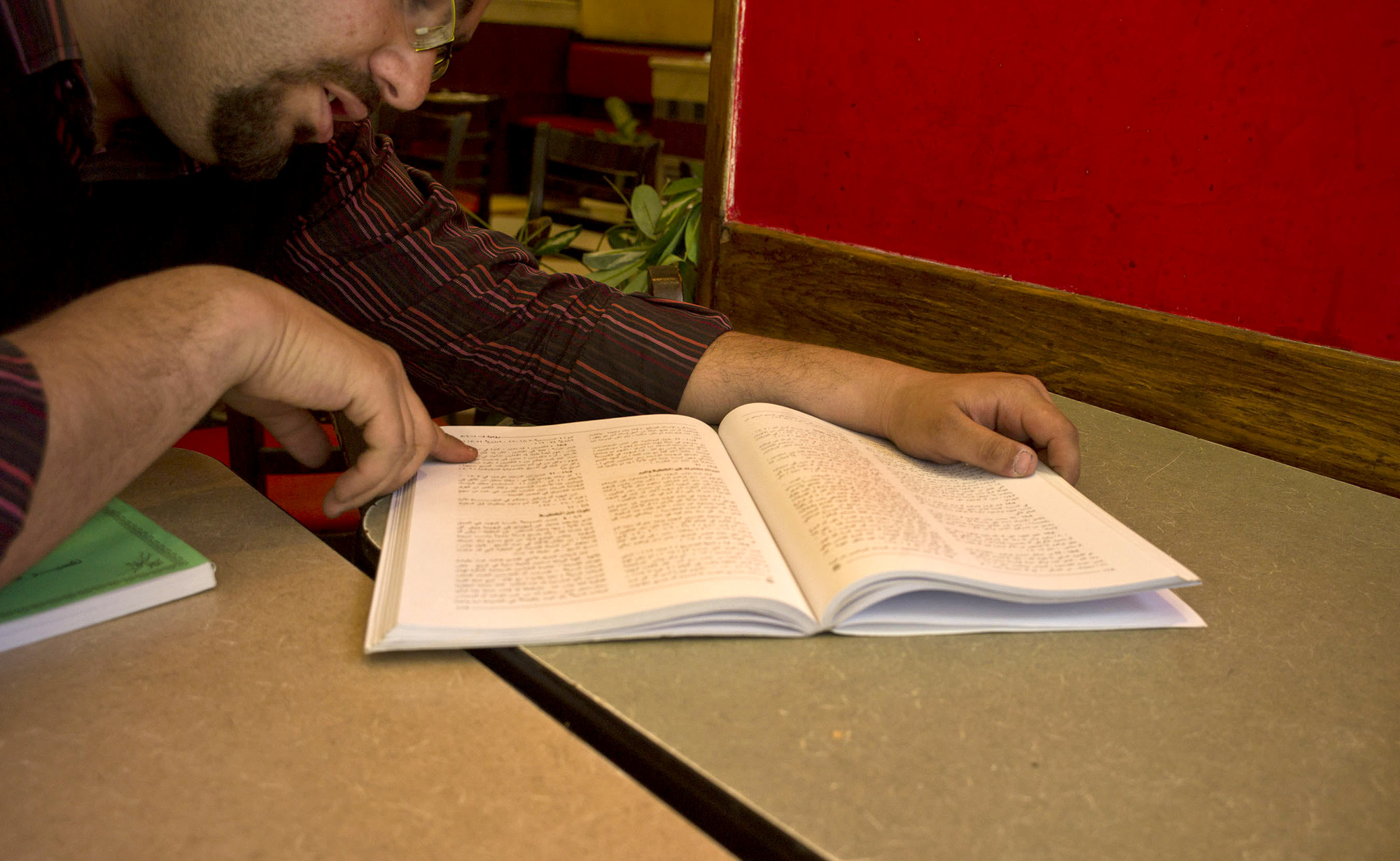
EDITOR’S NOTE: It’s been more than a year since the early, heady days of what some have called the “Arab Spring” protest movements led primarily by Arab young people yearning for greater personal and political freedoms. This is one of six stories in Baptist Press today exploring the lives of six men and women coping with radical change. And, for an overview story about the intervening months, see today’s Baptist Press story, “Whatever happened to the ‘Arab Spring’?”
CAIRO (BP) — When the big demonstrations in Cairo’s Tahrir Square began in 2011, Mark* joined the throngs of people demanding a new Egypt.
History was being made. Everyone knew it. Young Egyptians with the courage to face what might happen next wanted to be in the square. Mark went every morning and stayed until midnight 14 days straight.
“At first I went for the same reasons as everybody else, to change the government and get rid of [former Egyptian President] Hosni Mubarak,” says Mark, now 23, an evangelical Christian.
After a few days, however, he noticed something: thousands of people with nothing to do but stand around and chant slogans. He took food to share with others. He introduced himself and started conversations. He began to take Bibles each day to give away.
“It was easy,” he remembers. “There was an openness and a willingness to share down there that was different in Egypt. We felt like a community of our own. Everybody was really, really happy with what was happening. And when Mubarak stepped down it was a big party.”
Those days are over. More than a year later, many of the Tahrir demonstrators believe their revolution has been hijacked. Uncertainty reigns as political factions maneuver for influence. Islamist parties dominate Egypt’s Parliament. Many Egyptian Christians fear what will happen if Islamists consolidate power. Some are leaving the country.
But Mark is still sharing the Good News.
You can find him at Starbucks: He’s the big guy with a big smile, a goatee and jeans, a leather shoulder bag slung over his chair. The bag holds his study Bible and theology texts — plus some Bibles to give away.
“If someone gets close to me I will talk to him,” he says. “Most Egyptian people are easy to make friends with. In 10 minutes I will know his wife’s name, his children, where he lives and works.”
Mark grew up in an Egyptian Catholic family but began a personal relationship with Christ at age 14 at a Bible conference for teens. He also developed a deep hunger for Scripture. He later completed his college studies in information systems and now works two jobs while studying in a school of theology.
He used to try to debate deep concepts with Muslims during his café outreach sessions. No more. “It’s not about explaining theology,” he says. “It’s about sharing your faith. People will understand by the work of the Spirit, not by arguing over fine points.”
What if hard-line Islamists step up pressure on Christians? That’s OK with Mark.
“In the hardest times, it’s most apparent that we need a Savior,” he says. “Where there’s freedom and where people don’t really have any problems to worry about, they don’t feel like they need the Messiah. But here, the harder it gets, the more people realize their need. Of course I would like for there to be freedom in my country, but the most important thing is for more people to know the Lord. The harder circumstances get, the more people turn to the Lord.”
What bothers him is the number of Egyptian Christians who want to leave the country. He understands their fears; he has concerns for his own family. But now isn’t the time to leave the field to opponents of the Gospel.
“If I wanted to leave, it would be to go to someplace even harder,” he says. Someplace like Sudan or Afghanistan. “[The Apostle] Paul said to plow new ground, to go to places where there aren’t any believers.”
–30–
*Name changed. Erich Bridges is the International Mission Board’s global correspondent.














